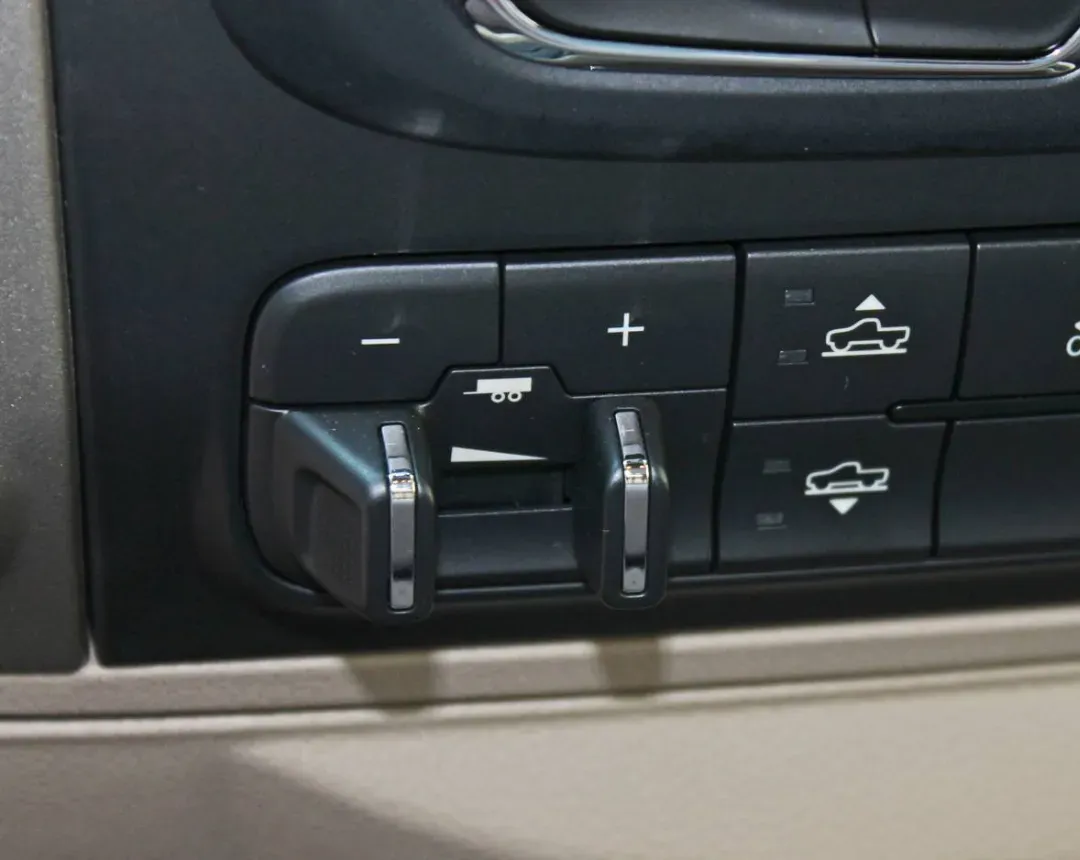
Brake Controller Settings Explained: Avoid Flat Spotting Tires
Brake Controller Settings Explained: Avoid Flat Spotting Tires

If your tow vehicle is equipped with an electric brake controller, using it properly is critical to both your safety and the health of our trailer tires. Improper settings can lead to tire flat-spotting, overheating, and even brake lock-up — all of which you're responsible for during the rental.
This guide explains how to safely operate your trailer’s electric brakes using the controller in your vehicle.

What is a Brake Controller?
A brake controller sends power from your tow vehicle to the trailer’s electric brakes. It lets you control how aggressively the trailer brakes engage compared to your vehicle.
Types of Brake Controllers:
Time-delay: Applies trailer brakes at a set intensity after a short delay.
Proportional: Matches the braking force of your vehicle in real time (recommended and most common).
Why Settings Matter
Too much braking power: - Can lock the trailer wheels during light braking - Causes flat spots on the tires - Increases wear on the brake system
Too little braking power: - Makes the tow vehicle do all the work - Leads to long stopping distances - Can cause trailer sway on downhill grades
Recommended Settings for Rentals
To prevent damage and ensure smooth towing: - Empty Trailer: Set brake controller between 1.5 – 2.5 -
Loaded Trailer: Set brake controller between 4 – 6 depending on weight and terrain
Start low and gradually increase during test braking. The trailer should slow the vehicle gently without jerking or locking the wheels.
How to Test Your Brake Setting
Find an empty road or lot
Accelerate to 15–20 mph
Use the trailer brake override (usually a manual slide on the controller)
Feel for a smooth slow-down — no jerking, skidding, or noise.
Signs You Need to Adjust Your Settings
Jerky stops or sudden grabs = setting is too high
Trailer pushes forward or sways during stops = setting is too low
Flat spots on tires = brakes are locking up during light braking
Visual Aid: Tire with flat-spot damage illustration vs smooth wear
Final Tips for Safer Braking
Adjust settings when switching between loaded and unloaded trips
Brake earlier and more gradually with trailers
Use the trailer brake override to slow on steep hills if needed
Never exceed recommended settings — tire damage is renter liability
Questions About Your Controller?
If you're unsure how to use your controller or don’t have one, let us know — we’re happy to walk you through it.
Call or text us at (321) 467-7070 before towing.
Ramsey Pantaleon
Owner/Operator
Central Florida Trailer Rentals
